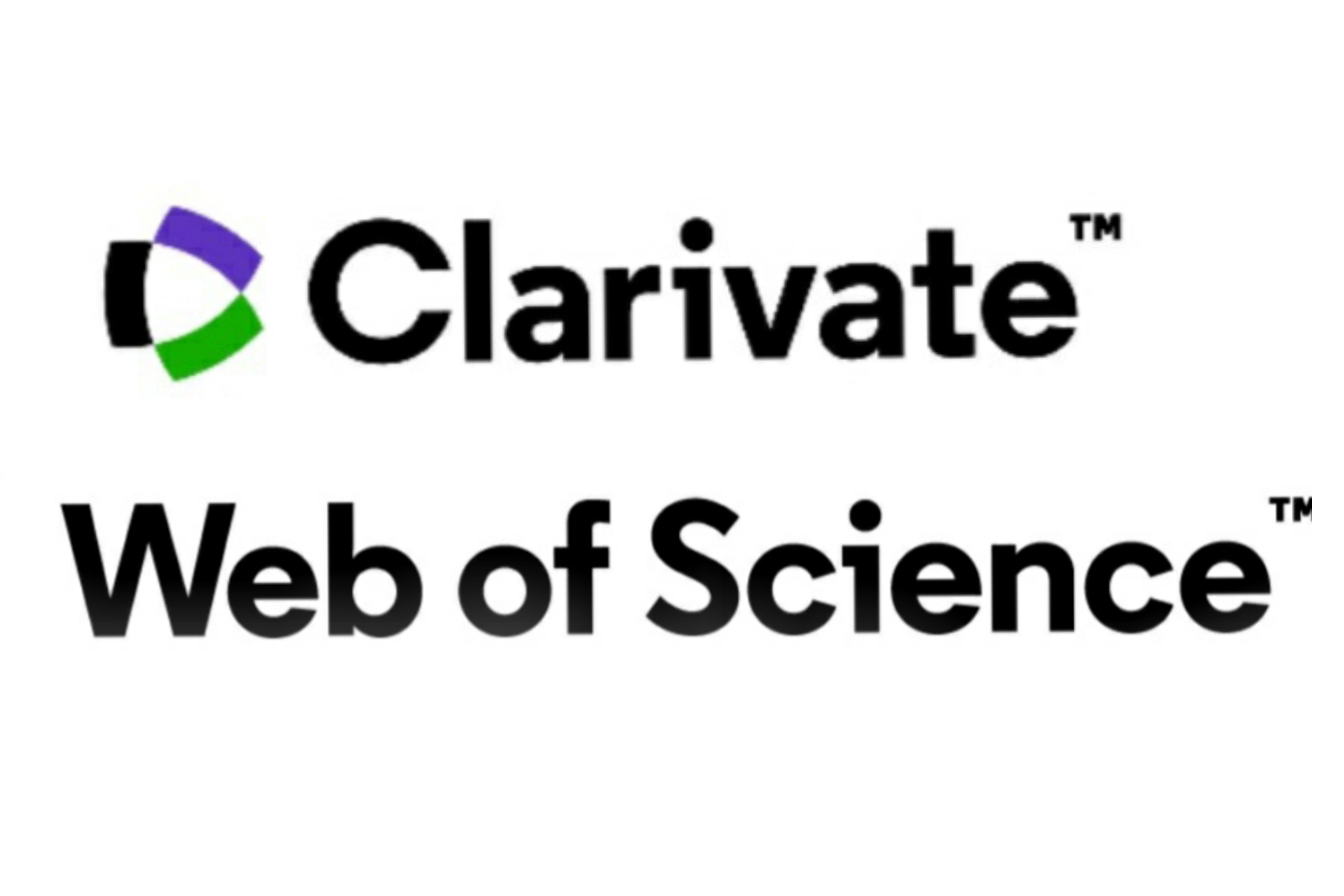Qualitative Behavior of the Solutions to Delay and Difference Euations
DOI:
https://doi.org/10.26577/jmmcs-2018-2-494Keywords:
oscillation, delay differential equations, difference equationsAbstract
It is noteworthy to observe that a first-order linear ordinary differential equation without delay
does not possess oscillatory solutions. Therefore the investigation of oscillatory solutions is of
interest for equations with delays or for the discrete analogue difference equations. Furthermore, the
mathematical modelling of several real-world problems leads to differential equations that depend
on the past history rather than only the current state. In this article conditions are presented
such that all solutions of delay and difference equations are oscillatory while all solutions of the
corresponding ordinary differential equations without delay are, for example, decreasing and tend
to zero. Equations with constant and variable arguments are investigated. Several examples of
delay and difference equations with applications to many sectors of life are presented.
References
delay argument, Nonlinear Anal., 68 (2008), 994–1005.
[2] G. E. Chatzarakis, R. Koplatadze, and I. P. Stavroulakis, Optimal oscillation criteria for first order difference equations
with delay argument, Pacific J. Math., 235 (2008), 15–33.
[3] Y. Domshlak, Discrete version of Sturmian Comparison Theorem for non-symmetric equations, Doklady Azerb. Acad. Sci.
37 (1981), 12–15.
[4] A. Elbert and I.P. Stavroulakis, Oscillations of first order differential equations with deviating arguments, Univ.of ioannina
TR No.172, 1990. Recent trends in differential equations 163–178, World Sci. Ser. Appl. Anal.,1, World Sci. Publishing
Co.(1992).
[5] L.H. Erbe, Qingkai Kong and B.G. Zhang, Oscillation Theory for Functional Differential Equations, Marcel Dekker, New
York, 1995.
[6] L.H. Erbe and B.G. Zhang, Oscillation of first order linear differential equations with deviating arguments, Differential
Integral Equations 1 (1988), 305-314.
[7] L.H. Erbe and B.G. Zhang, Oscillation of discrete analogues of delay equations, Differential Integral Equations 2 (1989),
300-309.
[8] K. Gopalsamy, Stability and Oscillations in Delay Differential Equations of Population Dynamics, Kluwer Academic
Publishers, 1992.
[9] I. Gyori and G. Ladas, Oscillation Theory of Delay Differential Equations with Applications, Clarendon Press, Oxford,
1991.
[10] J.K. Hale, Theory of Functional Differential Equations, Springer-Verlag, New York, 1997.
[11] J. Jaroˇs and I.P. Stavroulakis, Oscillation tests for delay equations, Rocky Mountain J. Math., 29 (1999), 139-145.
[12] C. Jian, Oscillation of linear differential equations with deviating argument, Math. in Practice and Theory, 1 (1991),
32-41 (in Chinese).
[13] B. Karpuz, Sharp oscillation and nonoscillation tests for linear difference equations, J. Difference Equ. Appl., 23 (2017).
no.12, 1229-1242.
[14] M. Kon, Y.G. Sficas and I.P. Stavroulakis, Oscillation criteria for delay equations, Proc. Amer. Math. Soc. 128 (2000),
2989-2997.
[15] R.G. Koplatadze and T.A. Chanturija, On the oscillatory and monotonic solutions of first order differential equations
with deviating arguments, Differentsial’nye Uravneniya, 18 (1982), 1463-1465.
[16] R.G. Koplatadze and G. Kvinikadze, On the oscillation of solutions of first order delay differential inequalities and
equations, Georgian Math. J. 1 (1994), 675-685.
[17] M.K. Kwong, Oscillation of first order delay equations, J. Math. Anal. Appl., 156 (1991), 374-286.
[18] G. Ladas, Recent developments in the oscillation of delay difference equations, International Conference on Differential
Equations, Stability and Control, Marcel Dekker, New York, 1990.
[19] G. Ladas, V. Laskhmikantham and J.S. Papadakis, Oscillations of higher-order retarded differential equations generated
by retarded arguments, Delay and Functional Differential Equations and Their Applications, Academic Press, New York,
1972, 219-231.
[20] G. Ladas, Ch.G. Philos and Y.G. Sficas, Sharp conditions for the oscillation of delay difference equations, J.Appl.Math.
Simul.,2(1989), 101-112.
[21] G.S. Ladde, V. Lakshmikantham and B.G. Zhang, Oscillation Theory of Differential Equations with Deviating Arguments,
Marcel Dekker, New York, 1987.
[22] A.D. Myshkis, Linear homogeneous differential equations of first order with deviating arguments, Uspekhi Mat. Nauk, 5
(1950), 160-162.
[23] Ch.G. Philos and Y.G. Sficas, An oscillation criterion for first-order linear delay differential equations, Canad. Math. Bull.
41 (1998), 207-213.
[24] Y.G. Sficas and I.P. Stavroulakis, Oscillation criteria for first-order delay equations, Bull. London Math. Soc., 35 (2003),
239-246.
[25] I.P. Stavroulakis, Oscillation Criteria for First Order Delay Difference Equations, Mediterr. J. Math. 1 (2004), 231-240.
[26] C. Sturm, Sur les equations differentielles lineaires du second ordre, J. Math. Pures Appl. 1 (1836), 106-186
[27] X.H. Tang and J.S. Yu, A further result on the oscillation of delay difference equations, Comput. Math. Applic., 38 (1999),
229-237.
[28] J.S. Yu and Z.C. Wang, Some further results on oscillation of neutral differential equations, Bull. Austral. Math. Soc., 46
(1992), 149-157.
[29] J.S. Yu, Z.C. Wang, B.G. Zhang and X.Z. Qian, Oscillations of differential equations with deviting arguments,
Panam.Math.J., 2 (1992), 59-78.
[30] J.S. Yu, B.G. Zhang and Z.C. Wang, Oscillation of delay difference equations, Applicable Anal., 53 (1994), 117-124.
[31] Y. Zhou and Y.H.Yu, On the oscillation of solutions of first order differential equations with deviating arguments, Acta
Math. Appl. Sinica 15, no.3, (1999), 288-302.














